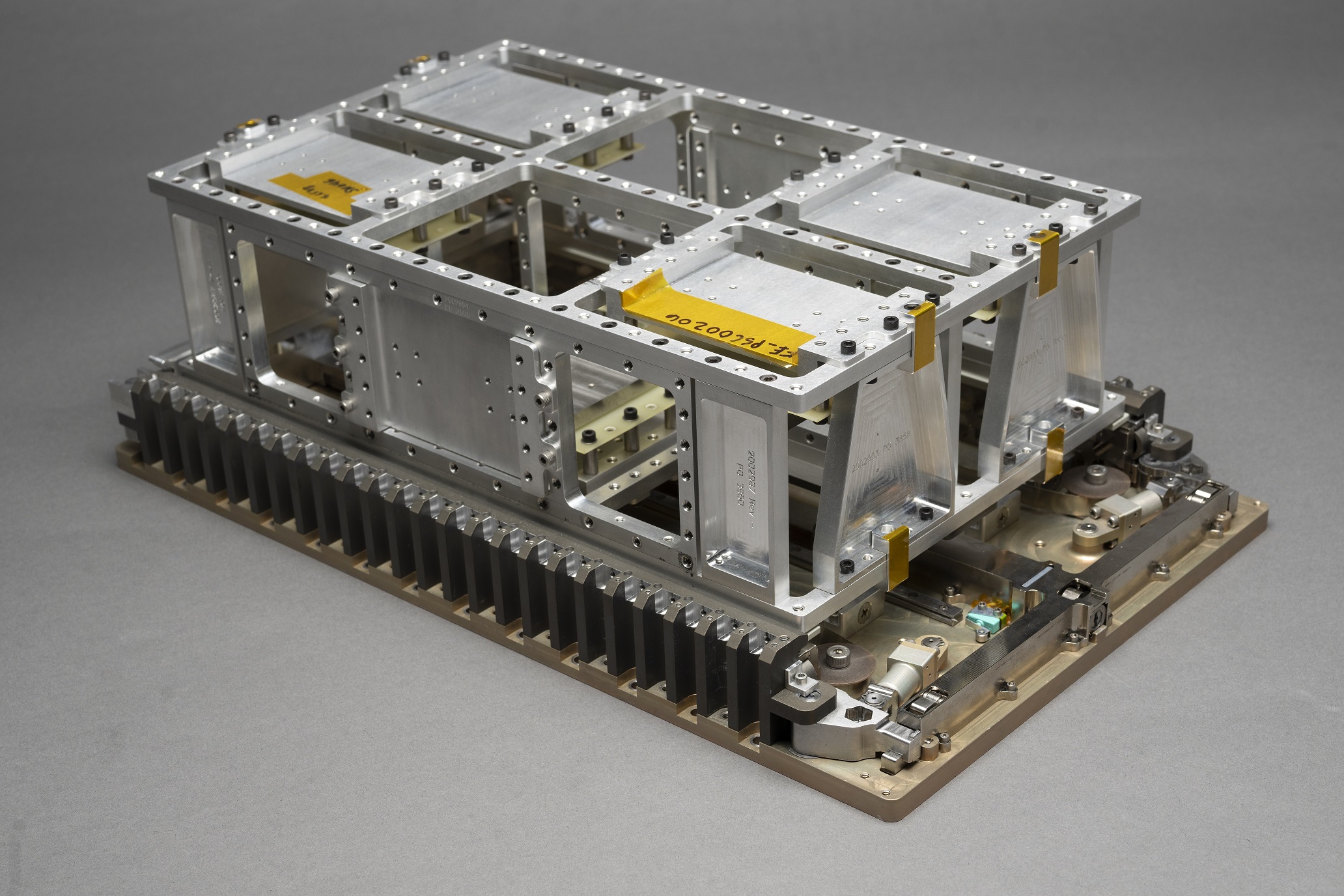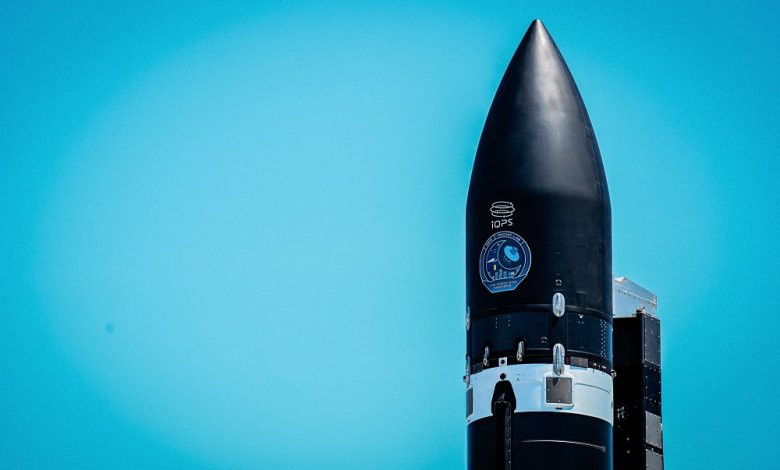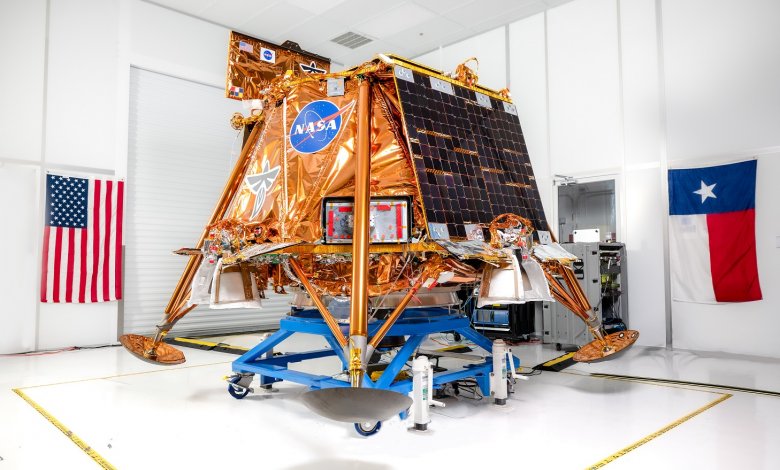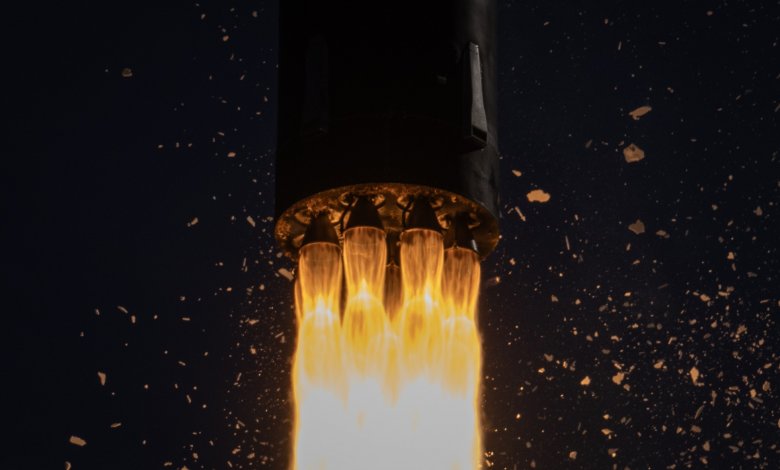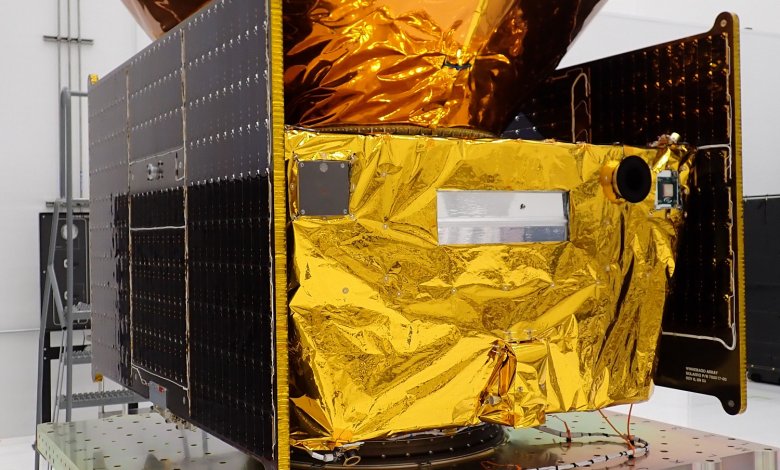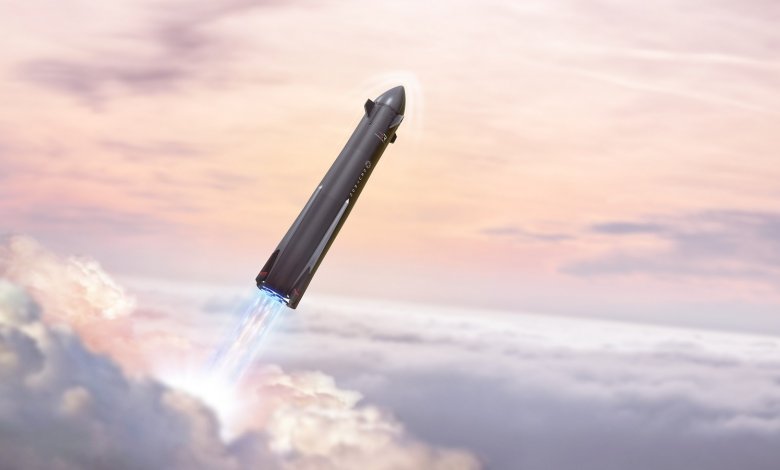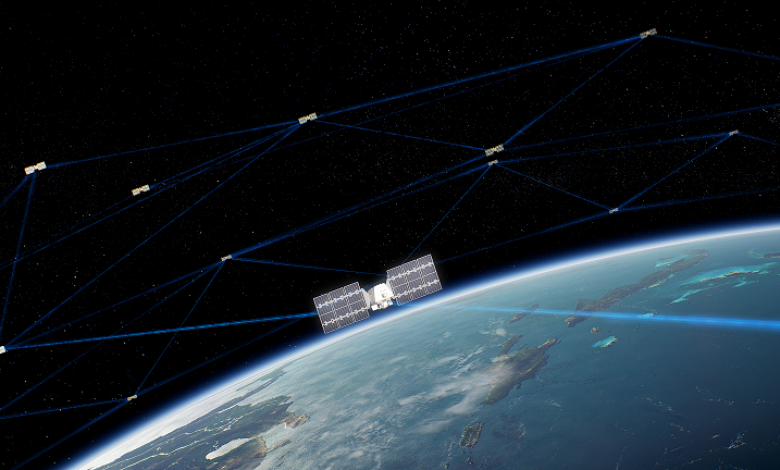Rocket Lab Introduces Next-Generation Satellite Dispenser
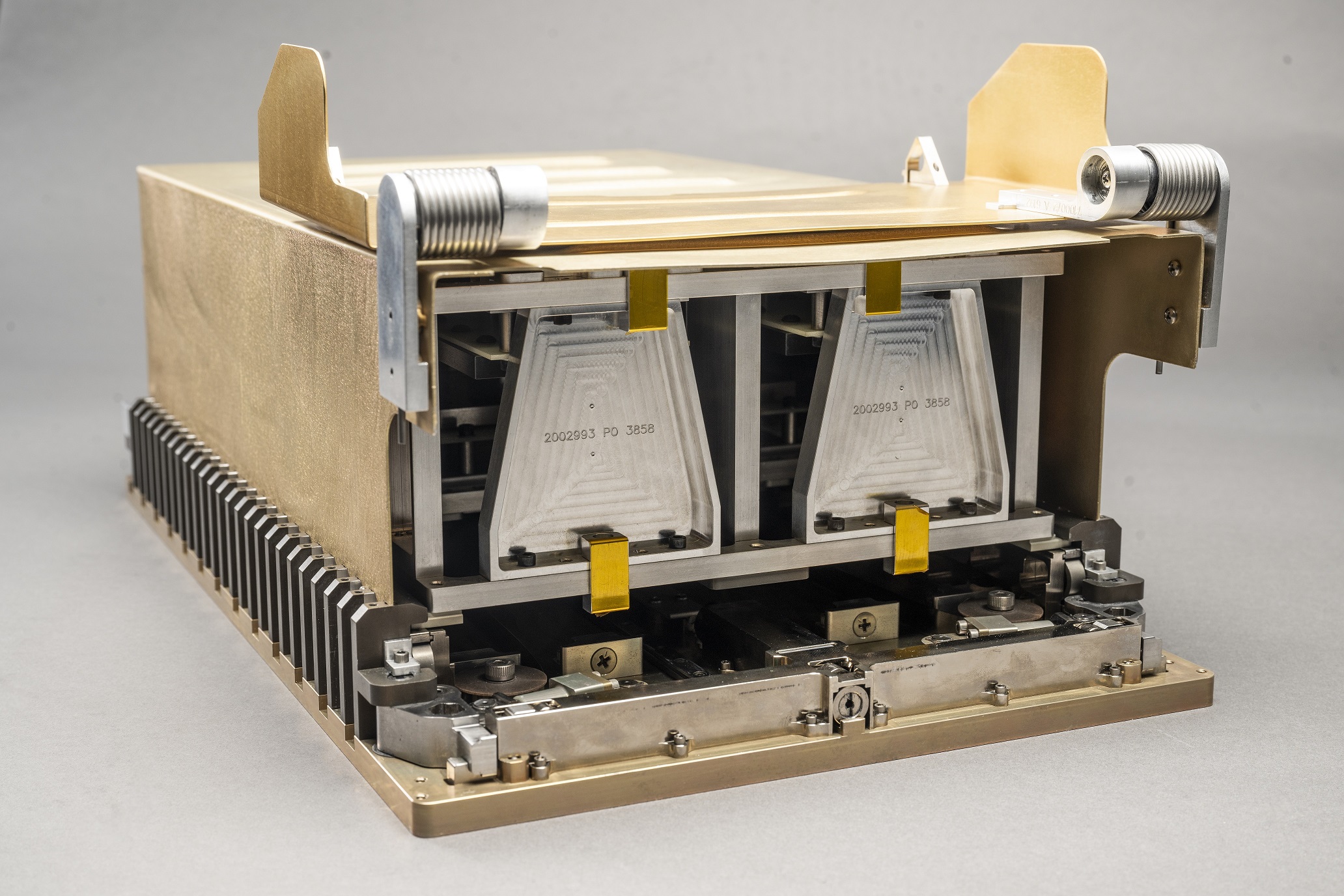
Long Beach, Calif. August 5, 2024– Rocket Lab USA, Inc. (Nasdaq: RKLB) (“Rocket Lab” or “the Company”), a global leader in launch services and space systems, introduced its next generation satellite separation system, the Advanced Satellite Dispenser (ASD), at the Small Satellite Conference in Logan, Utah.
The ASD is a cost-effective, versatile, and reliable deployment mechanism for small satellites in the CubeSat form factor and builds upon Rocket Lab’s heritage Canisterized Satellite Dispenser (CSD) technology, which has successfully deployed more than 60 satellites to orbit across more than 11 years in use.
Innovating on its predecessor the CSD, the ASD provides customers with the option to remove encapsulation of the payload during flight or use optional walls and door, giving it the ability to fly with or without canisterization. This feature allows satellite designers increased flexibility to adapt their payloads to mission needs. This next generation satellite dispenser uses the heritage preloaded tab interface to ensure there is no slipping or gapping within the system, providing mission assurance for the payload, other payloads sharing the fairing, and the launch vehicle.
“Satellite separation systems are critical. Every payload needs one, and as the final step before a spacecraft enters orbit, they need to be dependable. For more than 25 years, first as Planetary Systems Corporation and now as Rocket Lab, our separation systems have provided this dependability with 100% mission success,” said Rocket Lab’s Vice President – Space Systems, Brad Clevenger. “The Advanced Satellite Dispenser further strengthens this deep heritage and adds another innovative product to our vertically integrated line of space systems products and services. We’ve had the benefit of working closely with customers for more than two decades to design separation systems to meet their ever-evolving needs. ASD is a direct result of this constant iteration, giving payload designers a cost-effective dispenser with fewer technical constraints, without sacrificing the reliability that Rocket Lab is known for.”
Rocket Lab expanded its development and supply of satellite separation systems and dispenser when the Company acquired Planetary Systems Corporation in 2021, a Maryland-based leader in separation systems and satellite dispensers that has been trusted by the global space industry for more than 25 years. Today, Rocket Lab’s separation systems are used on most active U.S. launch vehicles and have successfully deployed more than 360 spacecraft to orbit.
Learn more about Rocket Lab’s family of Satellite Dispensers and Separation Systems: Separation Systems | Rocket Lab (rocketlabusa.com)
###
+ Rocket Lab Media Contact
Lindsay McLaurin
+ About Rocket Lab
Rocket Lab is a global leader in launch and space systems. Rocket Lab’s Electron launch vehicle is the second most frequently launched U.S. rocket annually and has delivered more than 172 satellites to orbit for commercial and Government partners, including NASA, the U.S. Air Force, DARPA and the NRO. Rocket Lab also delivers proven suborbital hypersonic launch capability with its HASTE launch vehicle. Building on the deep heritage of Electron, Rocket Lab is developing Neutron, an advanced 13-tonne payload class, reusable launch vehicle tailored for constellation deployment and interplanetary missions. Rocket Lab is also a premier supplier of advanced satellites, flight-proven subsystems and spacecraft components. At a component level, Rocket Lab spacecraft technology spans space solar power, composite structures, flight software, star trackers, reaction wheels, separation systems, and more. Rocket Lab satellite technology and components have been integrated into more than 1,700 satellite missions globally. www.rocketlabusa.com.
+ Forward Looking Statements
This press release contains forward-looking statements within the meaning of the Private Securities Litigation Reform Act of 1995. We intend such forward-looking statements to be covered by the safe harbor provisions for forward looking statements contained in Section 27A of the Securities Act of 1933, as amended (the “Securities Act”) and Section 21E of the Securities Exchange Act of 1934, as amended (the “Exchange Act”). All statements contained in this press release other than statements of historical fact, including, without limitation, statements regarding our launch and space systems operations, launch schedule and window, safe and repeatable access to space, Neutron development, operational expansion and business strategy are forward-looking statements. The words “believe,” “may,” “will,” “estimate,” “potential,” “continue,” “anticipate,” “intend,” “expect,” “strategy,” “future,” “could,” “would,” “project,” “plan,” “target,” and similar expressions are intended to identify forward-looking statements, though not all forward-looking statements use these words or expressions. These statements are neither promises nor guarantees, but involve known and unknown risks, uncertainties and other important factors that may cause our actual results, performance or achievements to be materially different from any future results, performance or achievements expressed or implied by the forward-looking statements, including but not limited to the factors, risks and uncertainties included in our Annual Report on Form 10-K for the fiscal year ended December 31,
2023, as such factors may be updated from time to time in our other filings with the Securities and Exchange Commission (the “SEC”), accessible on the SEC’s website at www.sec.gov and the Investor Relations section of our website at www.rocketlabusa.com, which could cause our actual results to differ materially from those indicated by the forward-looking statements made in this press release. Any such forward-looking statements represent management’s estimates as of the date of this press release. While we may elect to update such forward-looking statements at some point in the future, we disclaim any obligation to do so, even if subsequent events cause our views to change.
